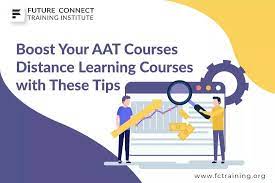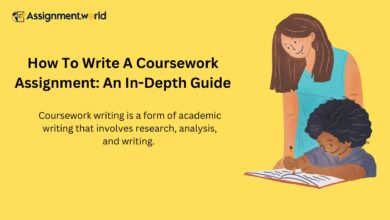
MAP TEST PREPARATION – A SHORT BRIEF ABOUT SOME NECESSARY DETAILS
Introduction
Before the test day, you may use map test preparation books to ensure you are familiar with the test’s structure and subject matter. Our map test preparation intends to be as similar to the actual test as possible. Moreover, our packets include one comprehensive practice exam for each subject, allowing you and your prospective student to go over each question in the best sequence.
Specific level quizzes for map test preparation
Our map test preparation books also contain multiple quizzes per topic to familiarize you with each exam section and our practice exams. Additionally, the quizzes’ varying difficulty allows students to push themselves harder gradually. They range from simple to medium to severe.
Explanations
Students take pleasure in offering thorough explanations for each of the answers to the questions in the set. Our map test preparation kit is simple, relevant to the question type, and helpful in offering advice on responding to a particular question type.
Parent and student guides in PDF
We include individual student and parent instructions with professional pointers on how to make the most of our map test preparation structure and best set up the student for success to assist you in navigating the pack and your preparation procedure in general.
Essential details about MAP test preparation
English, reading, and arithmetic are all included in the MAP growth test. The assessed material is standard nationwide, and the questions asked are common-core. Reading and arithmetic are the only subjects considered for grades K through 2. Students usually need 40 minutes to finish the 43 questions. The test also administrates during two 20-minute sessions.
There are 40 and 53 questions based on the three sections mentioned above for grades two and up. Students typically need between 45 and 60 minutes to finish the exam. There is also a MAP Reading Fluency assessment. This exam evaluates the accuracy of decoding, literal understanding, and fluency of oral reading. The test usually takes 20 minutes.
The fact that not all pupils receive the same questions is significant. An adaptive test is the MAP Test. Each student provides a different set of exam questions based on their replies to earlier questions.
Questions grow more arduous as the student provides the correct responses. In the same way, questions get more straightforward if the learner provides incorrect answers. Every student gives a different exam tailored to their success and ability level the computer, which modifies the question complexity. MAP Growth assessments may contain drag-and-drop, multiple-choice, and other questions kinds.
Registration
Except for a homeschooling kid, it is not necessary to register yourself or your child alone. Each student is written by their school, giving each kid a particular test date for the autumn, winter, and spring.
Location
The MAP Growth Test operates at the student’s school during the academic day.
Fees
Firstly, enrolled students don’t have to pay to take the MAP Test. However, you can pay $60 for the first student and an extra $45 for each additional student to complete the exam (in math and reading) if your child is homeschooled.
Additionally, annual and monthly payment plans are available. The monthly cost would be $15 for the first student and, if necessary, $11 for each additional student and $119 for every other student, with the first student paying $162 annually.
The map is required.
The MAP test covers reading comprehension, language use, mathematics, and science for grades 2 through 12. The MAP growth exam for reading and mathematics is also available to young learners in grades K through 2. In conclusion, the sole need is that you must be a student in grades K through 12.
Area score
Moreover, students earn an RIT, or Rasch UnIT, score after completing their MAP growth exam. It is a numerical evaluation of each area they received a test (reading, language usage, math, and science). A MAP growth test has no maximum or “ideal” score. Any MAP test’s result depends on how many questions successfully answer and how challenging the exam was.




